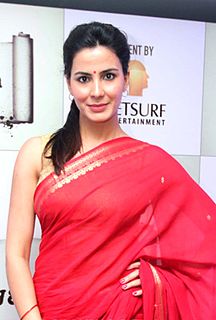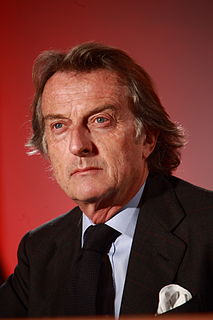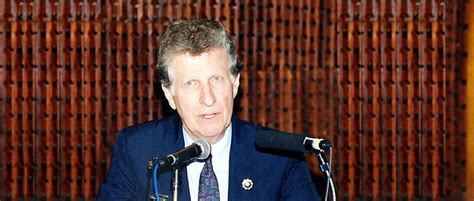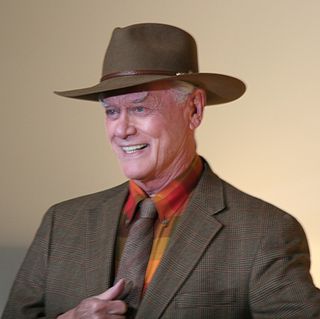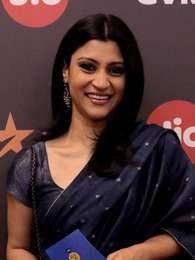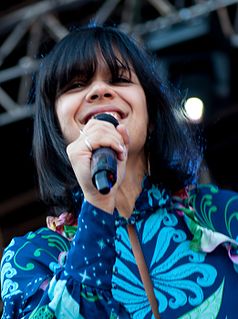A Quote by Kirti Kulhari
I am not too much into political awareness, but I had known a lot about Indira Gandhi's strong persona. Obviously, she had a powerful personality and a lot of clarity and wisdom to rule India for so long.
Related Quotes
Indira Gandhi had been this very powerful, dominating, ambiguous mother figure. Ambiguous because she was tyrannical, she had imposed...she had suspended Indian democracy for a few years but she also was the woman who had defeated Pakistan in war at a time when most male politicians in India had secretly feared fighting that war, so that here in India even today Indira Gandhi is called by Indian nationalists the only man ever to have governed India.
She was obviously useful at the UN because she had a public persona before she ever got there. She was well known. She was a spokeswoman for many important things. When she got there, what she said was paid attention to, undoubtedly much more than would have been if just Joe Blow had been made our representative to the United Nations. In that sense, I think it was useful to have her there.
Now very much against her will, she thought of the way Jace had looked at her then, the blaze of faith in his eyes, his belief in her. He had always thought she was strong. He had showed it in everything he did, in every look and every touch. Simon had faith in her too, yet when he'd held her, it had been as if she were something fragile, something made of delicate glass. But Jace had held her with all the strength he had, never wondering if she could take it--he'd known she was as strong has he was.
She was darkness and he was darkness and there had never been anything before this time, only darkness and his lips upon her. She tried to speak and his mouth was over hers again. Suddenly she had a wild thrill such as she had never known; joy, fear, madness, excitement, surrender to arms that were too strong, lips too bruising, fate that moved too fast.
There were a lot of pretty women in cinema around Audrey Hepburn's time, but she stood out because she had a very interesting personality - which went beyond her looks. She did so much for women, for animal rights, for children's education - it's always the personality that comes through and makes one seem beautiful.
The plan to carve up British India was never approved of or accepted by Gandhi...who realised too late that his closest comrades and disciples were more interested in power than principle, and that his own vision had long been clouded by the illusion that the struggle he led for India's freedom was a nonviolent one.
She had wandered, without rule or guidance, into a moral wilderness... Her intellect and heart had their home, as it were, in desert places, where she roamed as freely as the wild Indian in his woods... The scarlet letter was her passport into regions where other women dared not tread. Shame, Despair, Solitude! These had been her teachers—stern and wild ones—and they had made her strong, but taught her much amiss.
